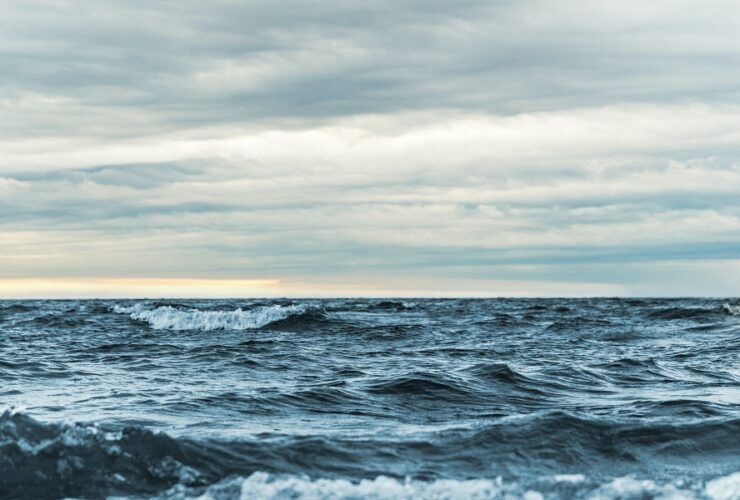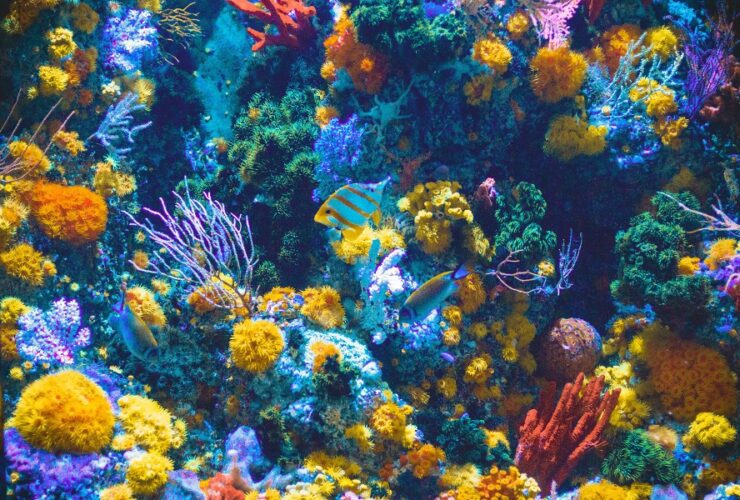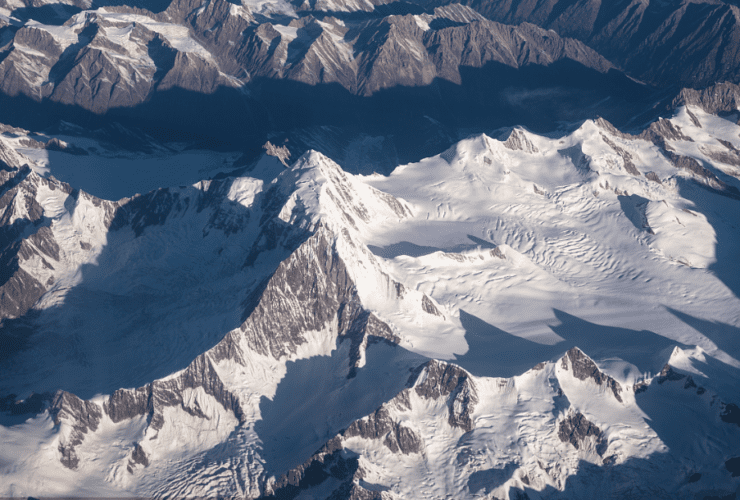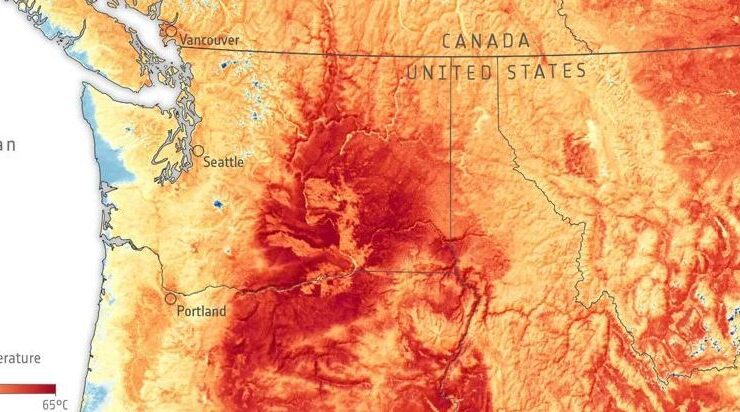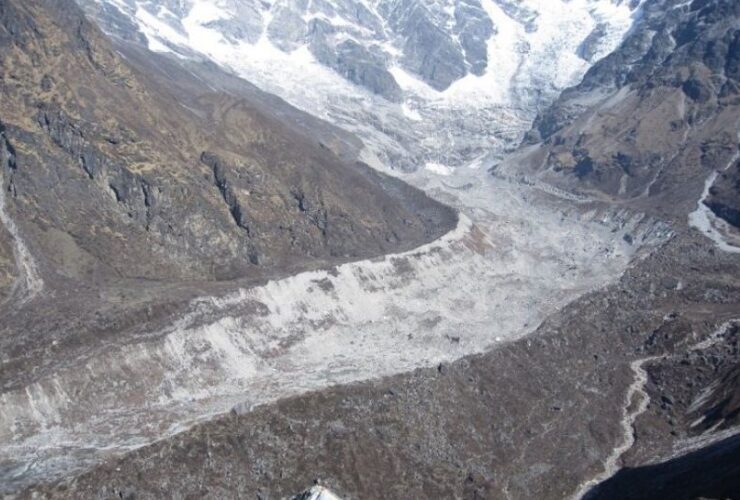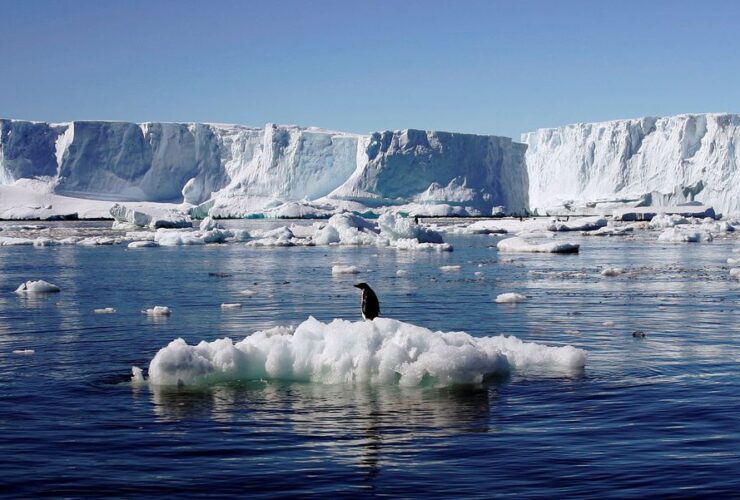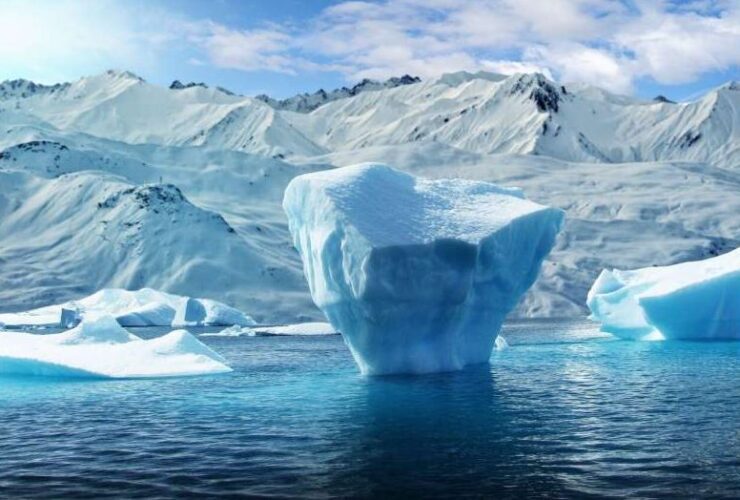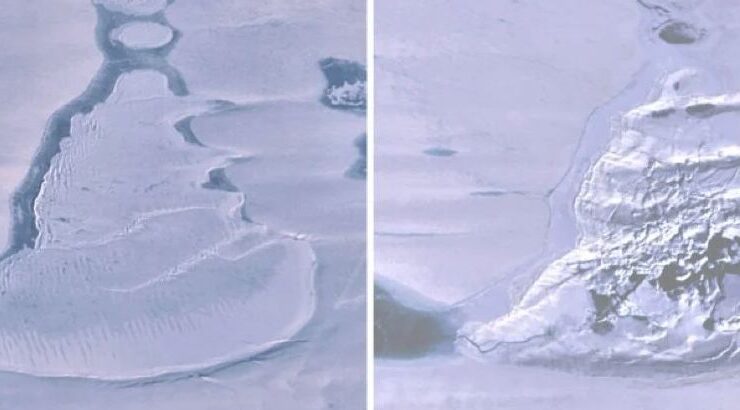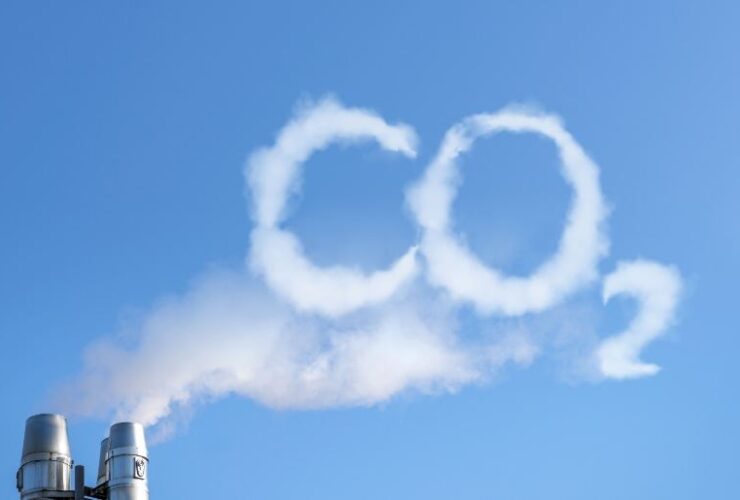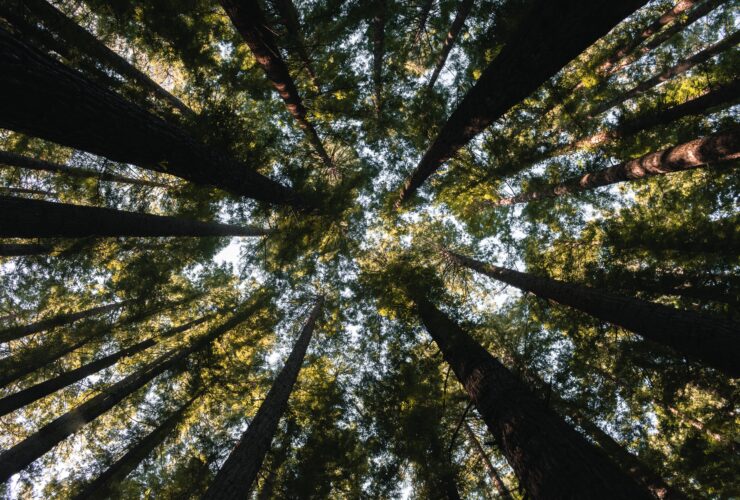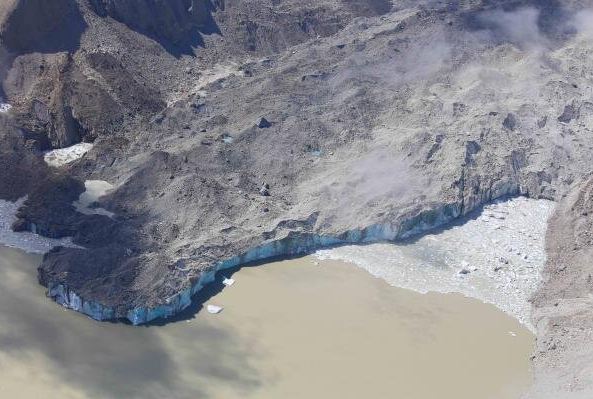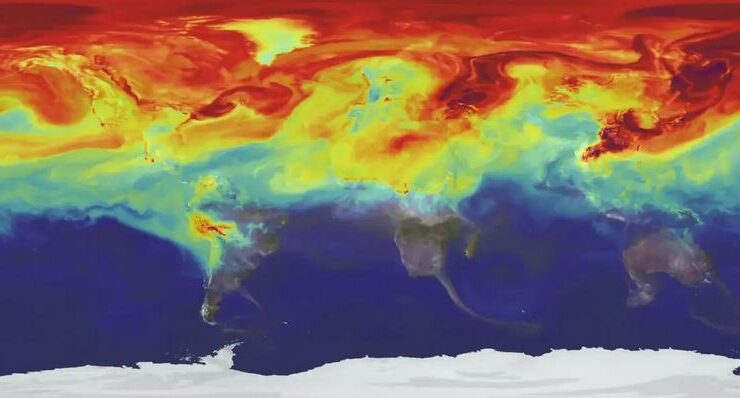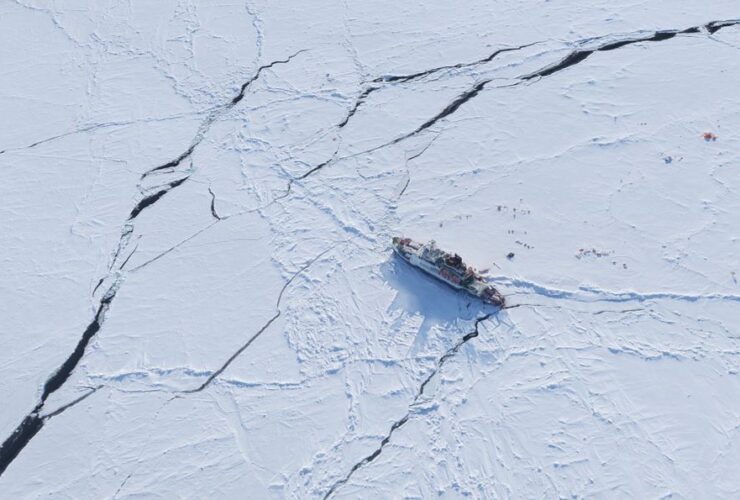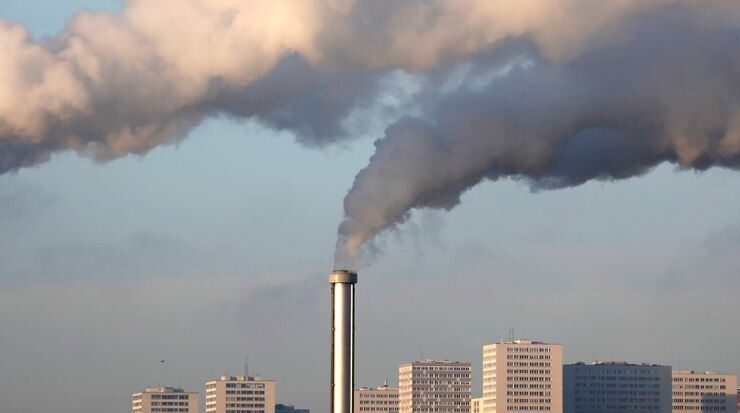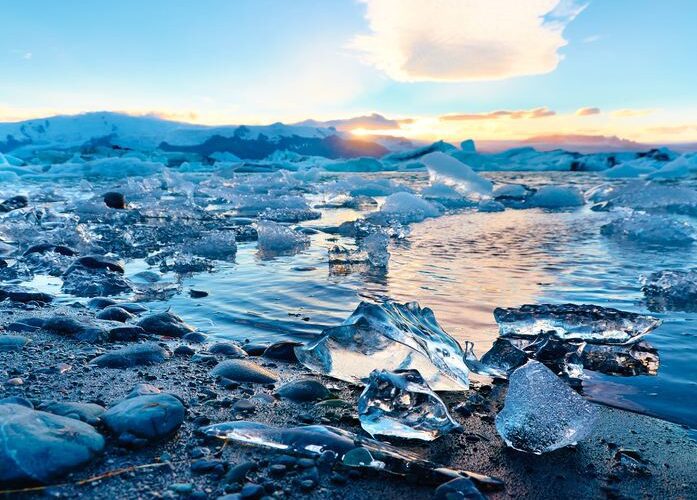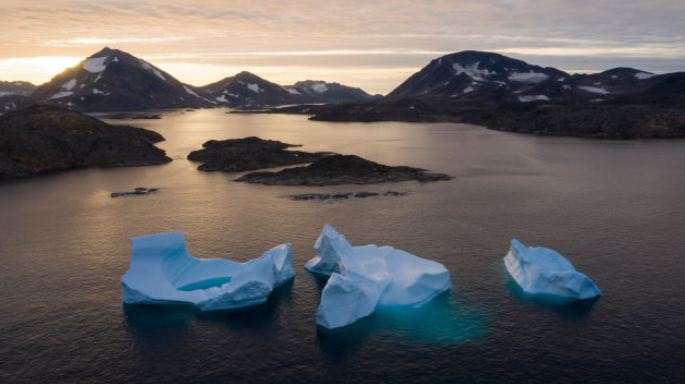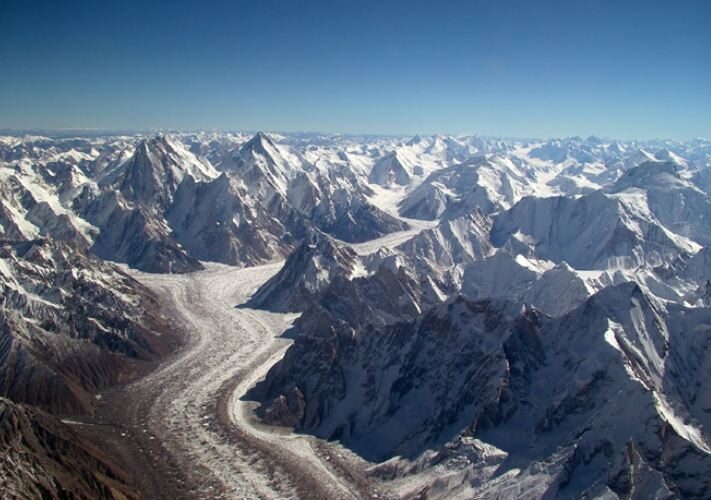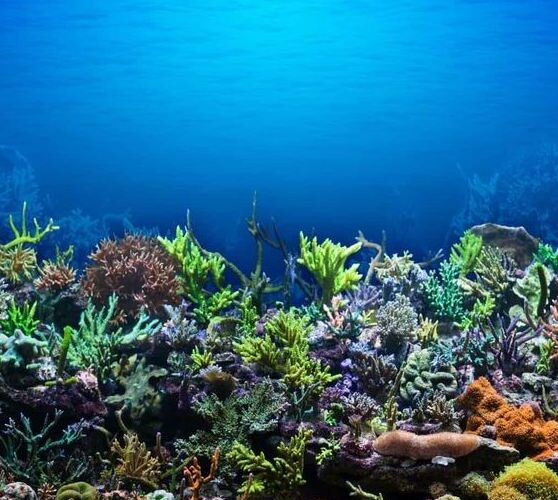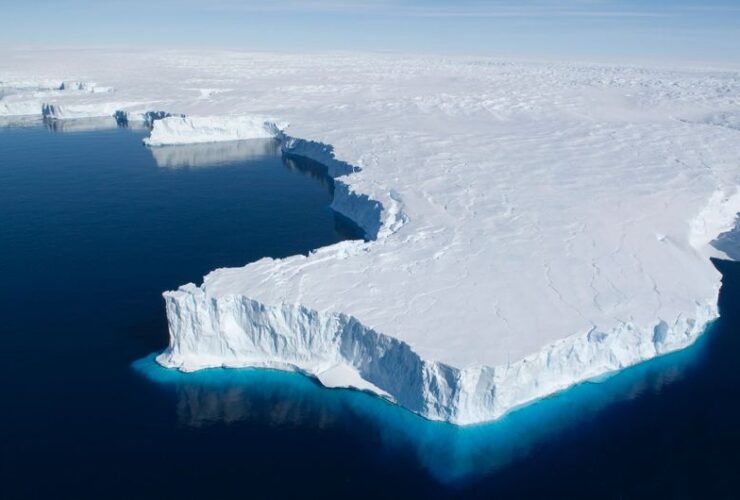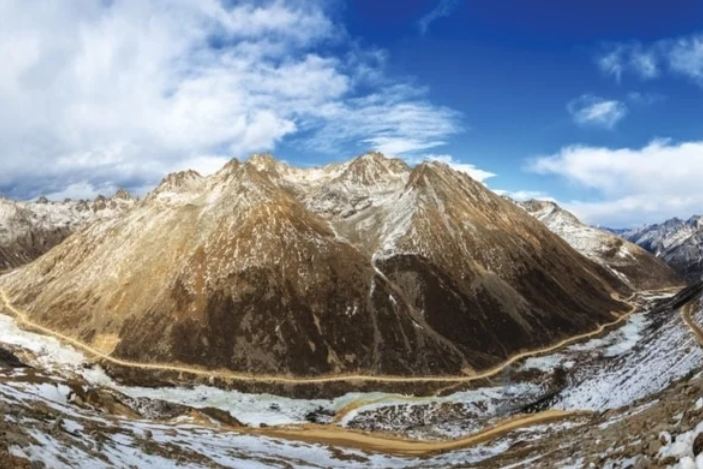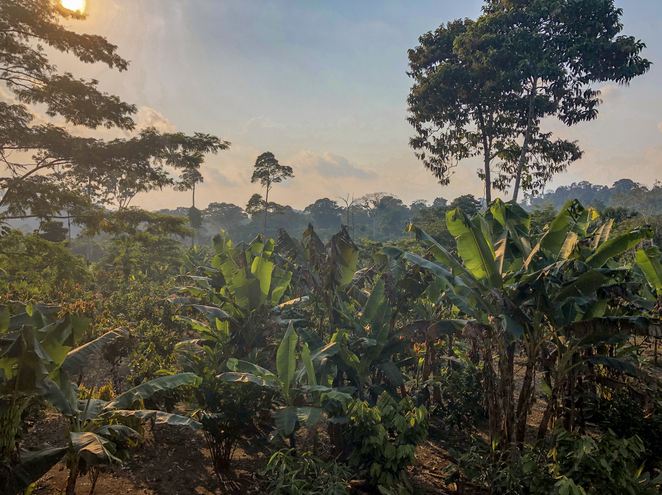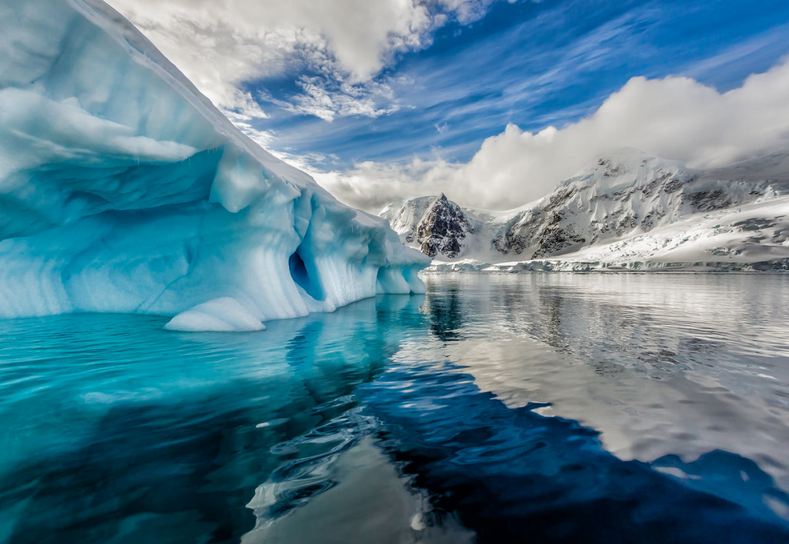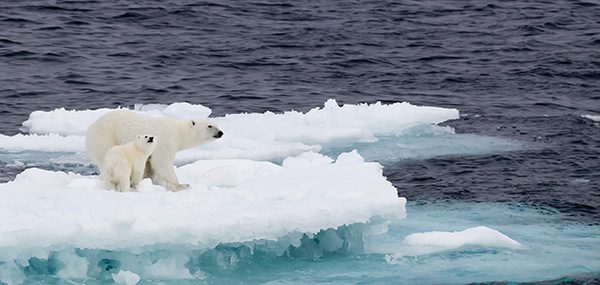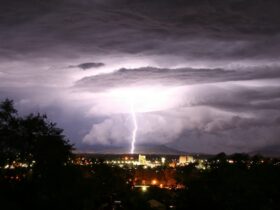The whole plastics economy is now waiting for a systematic change that can influence the oceans’ future. The current situation Earth faces is already featuring the worst-case scenario: more and more plastics end up in the ocean. So, a new ...
Recent reports about two common sunscreen ingredients, octinoxate, and oxybenzone, have stirred quite the buzz. The ingredients are now banned because they threaten the oceans’ health. With climate change shaping Earth’s future and pollution triggering the worst-case scenario we could ...
The Third Pole is now experiencing the worst-case scenario after a new study found that glaciers and snow cover started to disappear. Researchers developed a way to model the region’s water cycling and examine it. The results are genuinely intriguing ...
Recent report announced a record-breaking heatwave in the western US and Canada at the end of June that triggered the worst-case scenario. Now, the scientists explain that climate change is the culprit. The heatwave would have been “virtually impossible,” without ...
Recent research shows High Mountain Asia’s current situation, and things don’t look that good. As per new findings, the glaciers in the area have been melting a lot quicker in recent years than previously believed. Also, the glacier melt occurred ...
Global warming continues to threaten Earth, new data show. The West is now affected by hotter summer days, while the East Coast is getting overwhelmed by stickier and hotter summer nights. And that’s not all. Researchers reveal that state-by-state average ...
Antarctica’s new heat record has just been unveiled by the United Nations (UN). The record heat was reached last year, in February 2020, at Argentina’s Esperanza research station. Global warming and climate change continue to shape Earth’s future and it ...
Probably it may sound like an SF scenario, but we now have enough proof that Florida had once icebergs. How’s that even possible? A series of strange lines carved on the seafloor off North Carolina’s Outer Banks is the main ...
Earth is currently experiencing the worst-case scenario as global warming threatens to put an end to glaciers and lakes. A recent event, though, has made scientists worry even more. New satellite data show how a massive lake in Antarctica vanished ...
Reducing carbon emissions might have zero effects on preventing disastrous climate change, scientists warn us. And as shocking as this might sound, it’s the truth, and we have to accept it. Professor Nerilie Abram from the Climate Crisis Advisory Group ...
As new research about future climate change models emerges, we learn that the Amazon forest could soon risk extreme drought. Researchers warn us now that considerable parts in the eastern part of the Amazon will dry by the end of ...
New research aims to raise awareness of Asia’s current situation. For instance, more than 1 billion people depend on rivers with their headwaters in the mountain ranges, including the Himalayans and Karakoram. Climate change is currently causing mountain snow to ...
A newly released report of atmospheric carbon dioxide (CO2) levels confirms we’re facing a climate crisis. The concentrations of CO2 are so high that scientists believe Earth only experienced a similar event million years ago. The new results are unexpected ...
The Arctic is now experiencing the worst-case scenario after new research highlights the danger the sea ice is currently facing. According to a team of UCL researchers, the sea ice in the coastal regions of the Arctic is thinning faster ...
It’s not the first time Earth has to deal with severe climate change, but seeing history repeating itself it’s pretty much disappointing. A new study of ancient carbon dioxide levels urges immediate action to avoid extreme prehistoric levels of climate ...
The future of Iceland’s glaciers is bleak, as a new report reveals the most shocking ice loss in history. And global warming is still the biggest culprit. A recent study reveals shocking findings of Iceland’s glaciers in the last 20 ...
The Amazon rainforest and the massive ice sheets are threatened by global warming. Many tipping points triggered a lot by increasing temperatures could put us face to face with a catastrophic change in Earth’s climate system. So far, scientists focused ...
The Himalayan ice’ future has been previously believed to be at stake, but recent data shows that they’re more resilient to global warming. Rock glaciers are somehow similar to “real” ice glaciers. They’re a mix of rock and ice, triggered ...
At the equator, the tropical water is home to one of the richest diversity of marine life on Earth. Massive aggregations of tunas, manta rays, vibrant coral reefs, and sea turtles are just among a few creatures that swim happily ...
Antarctica might be at a higher risk than previously believed due to warmer temperatures. New data reveals shocking details that predict a bleak future for all the Antarctic ice. The University of Reading realized advanced research anticipating how exposed the ...
The roof of the world will soon feel warmer than usual. New research explains how much warmer temperatures will transform the Tibetan Plateau. The warming process of the Tibetan Plateau has been observed since the 1960s. According to researchers, human ...
The Middle East and North Africa Region, also known as MENA, is now a climate change hot spot. Summers there are much warmer than in the rest of the world. Also, some regions are rated as the hottest locations worldwide. ...
As new research emerges, we learn the Amazon is at risk of collapsing, influencing global climate more than previously thought. Factors, like drought, land clearing, and fires, turned the world’s largest tropical rainforest into a real threat. The research aims ...
Our planet’s ice cover started to melt quickly at the beginning of the 20th century. The sea ice and the glaciers in the Antarctic and Arctic areas are now melting at alarming rates. The recent statistics, however, should worry us ...
Pollen grains from flowering plants naturally fly, often travelling hundreds of kilometres on the wind. It appears that the climate crisis has boosted that travel, kickstarting the allergy season in various areas of the world, thus making them last longer ...

